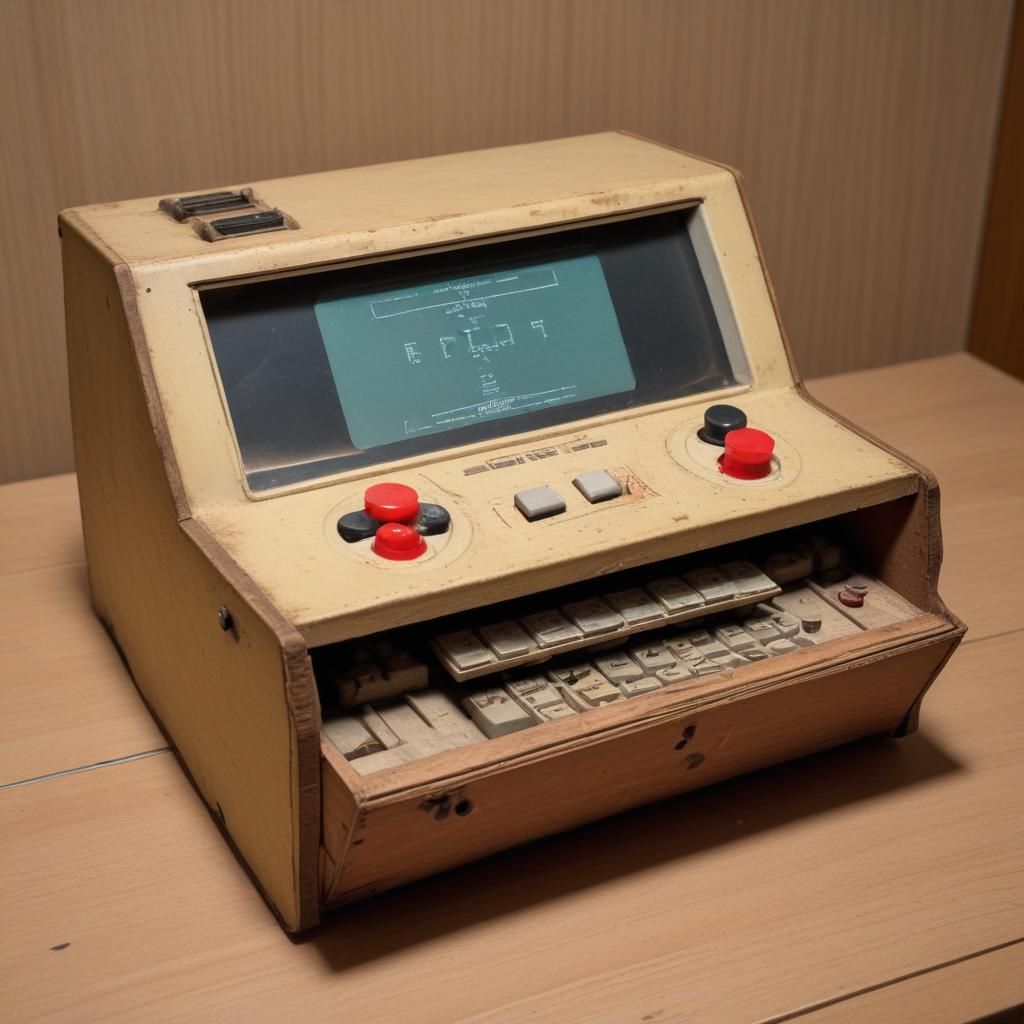An extraordinary discovery of DIY gaming consoles and official documentation has reshaped the understanding of video games in Cold War East Germany, revealing state support, Stasi involvement in arcade development, and a vibrant, albeit monitored, computer club culture that challenged previous assumptions of suppression.
In 2019, researchers in Berlin unearthed a rudimentary 'soap-box Pong' console, challenging the long-held belief that computer gaming was suppressed in socialist East Germany. Further discoveries, including schematics in a state-produced magazine, revealed a surprising level of official support for gaming, even from the notorious Stasi. A new exhibit, 'ColdWarGames,' at Berlin's Allied Museum and Computer Games Museum, showcases these curiosities, including the Poly-Play, East Germany's only arcade cabinet. Only 2,000 Poly-Play machines were made, featuring honey-colored wooden panels and cloned Western games like 'Hase und Wolf' (Pac-Man) and 'Hirschjagd' (Robotron: 2084). The Stasi was crucial in its development, providing programming expertise. While the Poly-Play offered a family-friendly, non-violent gaming experience to align with the GDR's peace-loving image, 'freaks' gathered at computer clubs, often using smuggled Western technology like ZX Spectrums. Although state factories produced their own microcomputers, they were scarce and expensive. The state encouraged these clubs, hoping to steer youth into microelectronics careers, mirroring the USSR's embrace of computing. Official magazines promoted 'computer sports' and programming code, aligning with the state's self-reliance policy. Some clubs even possessed superior Western machines like the Commodore 64. Paradoxically, while the state supported these groups, offering fast-tracked routes to engineering colleges, they were also heavily infiltrated and monitored by the Stasi, who scrutinized games for violence or anti-socialist messaging. This surveillance intensified as internal conflicts grew. The article also contrasts East Germany's approach with West Germany's stricter regulations on gaming and hacking, highlighting the GDR's surprising permissiveness in certain technological areas. The 'Coldwargames: It’s All a Game' exhibit runs until June 30, 2026.



